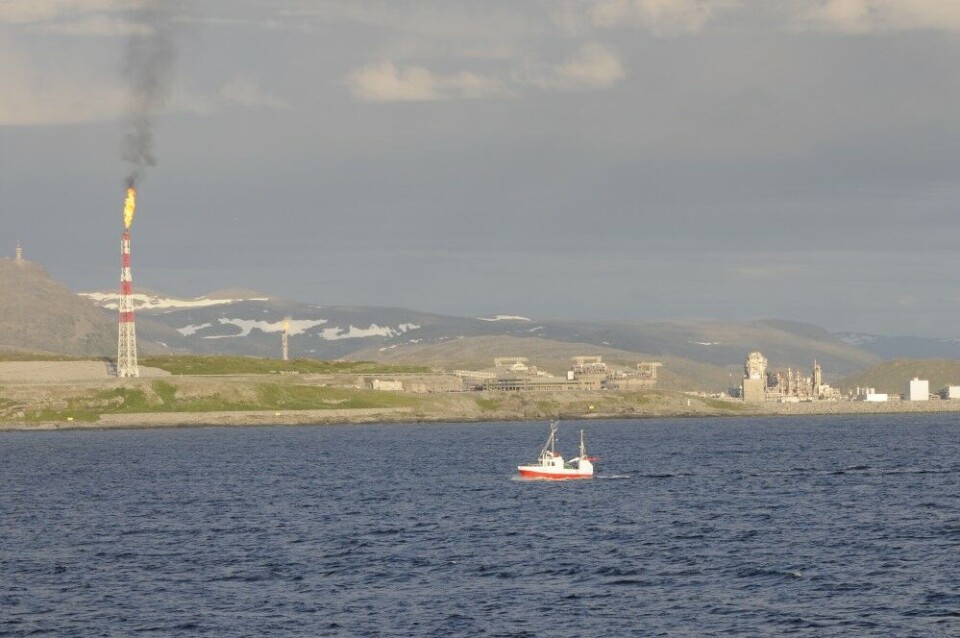
Deutsche Banks won’t finance any new Arctic oil and gas projects
Germany’s largest finance institution says the move is part of a commitment to protect the climate and help the EU to achieve its goal of being climate neutral by 2050.
The Frankfurt-based bank adopted its new Fossil Fuels Policy on Monday with strict limitations on future involvement in coal, oil and gas.
With immediate effect, the bank, which is the world’s 17th largest, says it «will no longer finance any new projects in the Arctic region.»
Deutsche Bank adds that it by the end of 2020 will review all its existing business activities in the oil and gas sector.
The game-changing move by the German bank is a big blow to the remaining part of the petroleum businesses that still look north for explorations of new fields.
“This is just the beginning of the end for the fossil fuel industry,” says Frederic Hauge, head of the Bellona Foundation in Norway.
Hauge says the decision by Deutsche Bank is “a signal to all investors that conversion to clean energy can’t start soon enough.”
Additional to backing out of Arctic oil, Deutsche Bank has decided to end its global business activities in coal mining by 2025 at the latest. By the end of 2020, the bank will review all its existing business activities in Europe and the US with regards to clients’ diversification plans involving coal power. For Asia, a similar review will begin in 2022.
Also with immediate effect, end comes to all financing of new oil sand projects, the bank says.
“Our new Fossil Fuels Policy sets us a strict framework for our business activities in the oil, gas and coal sector,” said Chief Executive Officer Christian Sewing, who also chairs Deutsche Bank’s Sustainability Council.
He added: “In its current form, the Policy sets us ambitious targets and enables us to help our long-standing clients with their own transformation. It will allow us to play our part in protecting the climate and helping the EU to achieve its goal of being climate neutral by 2050.
Norway, which together with Russia is the most active petroleum pusher in the Arctic, recently presented massive oil drilling plans in the northern part of the Barents Sea. The government in Oslo in late June proposed to open 125 new oil exploration blocks in the Barents Sea.
The blocks are located from 500 to 1,000 kilometers inside the Arctic Circle.

















